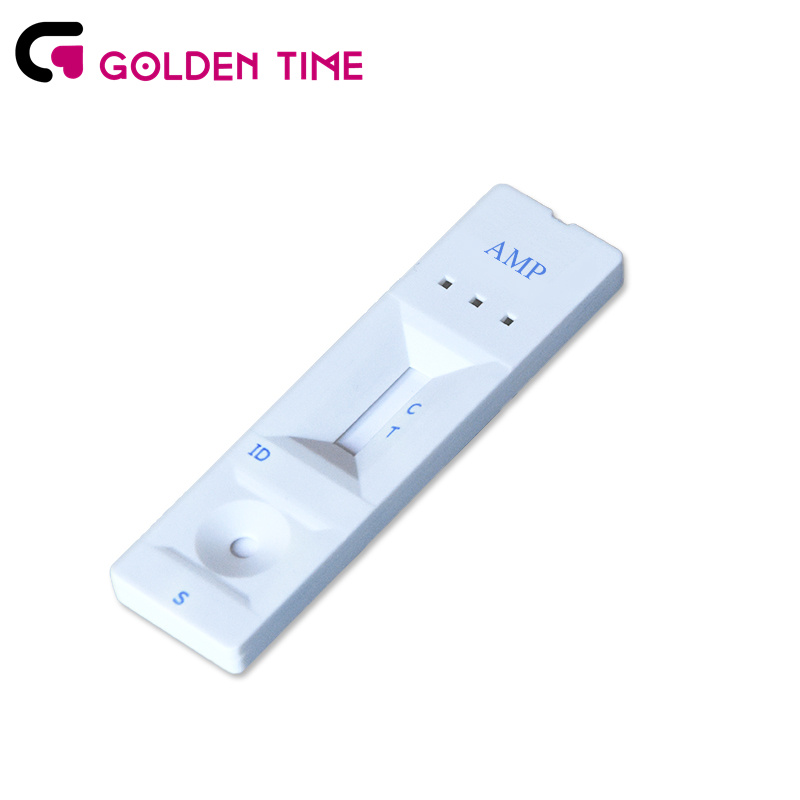
More Language
Untranslated
ਫਰ. . 14, 2025 11:33 Back to list
chikungunya virus test antigen
Chikungunya virus, primarily transmitted by Aedes mosquitoes, has become a global public health concern due to its rapid spread and debilitating symptoms. One of the most effective ways to manage and control this infectious disease is through accurate and timely diagnosis. Innovative chikungunya virus antigen tests provide a crucial tool for healthcare professionals and researchers, enabling prompt identification and diagnosis, thereby helping to prevent further outbreaks.
Adopting chikungunya antigen tests not only exemplifies an authoritative approach in tackling viral outbreaks but also reinforces trust in healthcare systems. Transparency in disclosing test outcomes, along with educating patients on the significance of antigen test results, champions a culture of informed decision-making. Emphasizing the importance of early and accurate diagnosis cultivates a trusting relationship between patients and healthcare providers, essential in managing not only chikungunya but various infectious diseases. Testimonials from healthcare professionals underscore the trustworthiness and reliability of chikungunya virus antigen tests. Medical practitioners from endemic areas report that the rapid results have significantly improved patient management, with treatment plans being initiated more swiftly and accurately. The confidence bestowed upon these tests stems from their consistent performance, backed by stringent quality control measures and regular updates reflecting the latest findings in chikungunya virus research. The empowerment derived from antigen testing extends beyond medical facilities to public health policymakers. Equipped with reliable data on chikungunya prevalence, governing bodies can craft targeted intervention strategies, allocate resources more efficiently, and implement mosquito control measures based on real-time data. As such, chikungunya virus antigen tests play an instrumental role not only in individual patient care but also in the broader public health landscape. In conclusion, chikungunya virus antigen tests represent a leap forward in diagnosing this viral infection. Rooted in scientific rigor and designed to meet the high standards of clinical accuracy, these tests offer invaluable support to healthcare professionals worldwide. Through rapid detection, they not only facilitate timely medical care but also fortify global efforts against the spread of chikungunya. Embracing this advanced diagnostic technology reflects an informed, authoritative approach that inspires confidence and trust among all stakeholders in the ongoing battle against infectious diseases.


Adopting chikungunya antigen tests not only exemplifies an authoritative approach in tackling viral outbreaks but also reinforces trust in healthcare systems. Transparency in disclosing test outcomes, along with educating patients on the significance of antigen test results, champions a culture of informed decision-making. Emphasizing the importance of early and accurate diagnosis cultivates a trusting relationship between patients and healthcare providers, essential in managing not only chikungunya but various infectious diseases. Testimonials from healthcare professionals underscore the trustworthiness and reliability of chikungunya virus antigen tests. Medical practitioners from endemic areas report that the rapid results have significantly improved patient management, with treatment plans being initiated more swiftly and accurately. The confidence bestowed upon these tests stems from their consistent performance, backed by stringent quality control measures and regular updates reflecting the latest findings in chikungunya virus research. The empowerment derived from antigen testing extends beyond medical facilities to public health policymakers. Equipped with reliable data on chikungunya prevalence, governing bodies can craft targeted intervention strategies, allocate resources more efficiently, and implement mosquito control measures based on real-time data. As such, chikungunya virus antigen tests play an instrumental role not only in individual patient care but also in the broader public health landscape. In conclusion, chikungunya virus antigen tests represent a leap forward in diagnosing this viral infection. Rooted in scientific rigor and designed to meet the high standards of clinical accuracy, these tests offer invaluable support to healthcare professionals worldwide. Through rapid detection, they not only facilitate timely medical care but also fortify global efforts against the spread of chikungunya. Embracing this advanced diagnostic technology reflects an informed, authoritative approach that inspires confidence and trust among all stakeholders in the ongoing battle against infectious diseases.
Next:
Latest news
-
HbsAg Blood Rapid Test Kit for Fast & Accurate Hepatitis B Detection
NewsJul.28,2025
-
Sterile Urine Cup for Safe & Easy Collection | High-Quality Specimen Cups
NewsJul.28,2025
-
HIV-1/2 Ab Combo Rapid Test Kit for Fast, Reliable Blood Screening
NewsJul.27,2025
-
High-Quality Nasal Swab for Accurate Testing – Fast Results
NewsJul.26,2025
-
One Step LH Ovulation Test Kit - Accurate & Easy At-Home Fertility Tracking
NewsJul.25,2025
-
Sterile Urine Cup for Accurate Specimen Collection | Leak-Proof Design
NewsJul.24,2025
